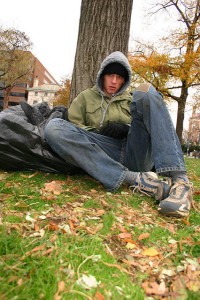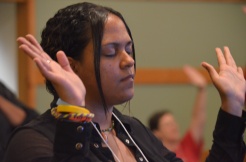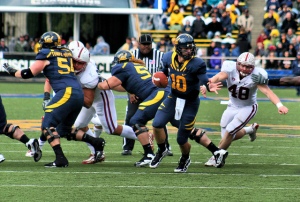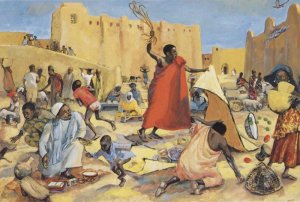By Rev. Tamara R. Jackson
Ecclesiastes 3:1,3,7
 Current movements like #MeToo and #ChurchToo have once again brought issues often quieted by a “holy hush” in faith communities to light. Now on the world platform again, what we the C(c)hurch do in this moment will speak volumes.
Current movements like #MeToo and #ChurchToo have once again brought issues often quieted by a “holy hush” in faith communities to light. Now on the world platform again, what we the C(c)hurch do in this moment will speak volumes.
A time to kill, and a time to heal; A time to break down, and a time to build up;
It is time for the C(c)hurch to kill and break down the complicity that comes with silence. Time to do more than step over victims or cross to the other side when those hemorrhaging from such events invoke discomfort. Doing so makes us no better than the priest and Levite leaving those landing in our places of worship broken, beaten, near death. We cannot do ministry without getting involved in the lives of people! As Disciples of Christ called “to do greater works than He,” we are commissioned to operate as Good Samaritans, bandaging wounds and helping relieve afflictions. It is time for the C(c)hurch to foster pathways toward healing for those victimized, which starts by truly acknowledging the pain.
A time to keep silent and a time to speak;
Silence does not make it go away. Likewise giving quick answers, answering the pain with explanations the divine use of suffering, re-victimizes the victim. Here Job teaches a valuable lesson. One’s presence speaks louder than words could ever do, especially in the acute stages of trauma! Our words matter as well. They are most valuable when spoken from the pulpit or within communities we navigate. Make it known that sexual violence, domestic violence, sexual and behavioral impropriety will not be tolerated! This includes the “friends” who think their sexist jokes are funny, coworkers who by default of your gender have a tendency of calling names that were not assigned at birth. It includes the family friend who loves to tickle children, the neighbor who betrays communal trust, and clergy who abuse their flocks!
There is a time for everything, and a season for every activity under heaven:
In the throes of violation the question of God’s presence resonates voluminously. Cries from those victimized echo the psalmist, “O God do not keep silent, do not hold your peace.” It is a time in which the victim and the victim’s experience of God both die, as an eclipse of the soul is experienced. It is our response that can slowly reveal light again, foster hope, provide courage, and give assistance to morph victim into survivor. When we, the C(c)hurch, walk alongside one another, the warmth of a God called El Roi, “the God who sees,” and a God known as Jehovah Shalom, “God our peace,” comes through, providing beauty for ashes. It is through proper response that both victims and survivors can be resurrected and a time of restorative healing as spoken of in the Gospel can be experienced. #TimesUp. Amen.

Rev. Tamara R. Jackson is an ordained minister of the Gospel, licensed Clinical Social Worker, and trauma specialist. The passion of her calling involves walking alongside individuals who have faced life-altering trauma as they traverse the hard road to wellness. Tamara developed the “Sacred Safe Spaces” Special Project for the American Baptist Churches of New Jersey and served as its inaugural coordinator. As coordinator, she spearheaded the region’s Congregational Covenant of Nonviolence campaign, and remains committed to aiding churches in helping victims of abuse journey toward healing.

















